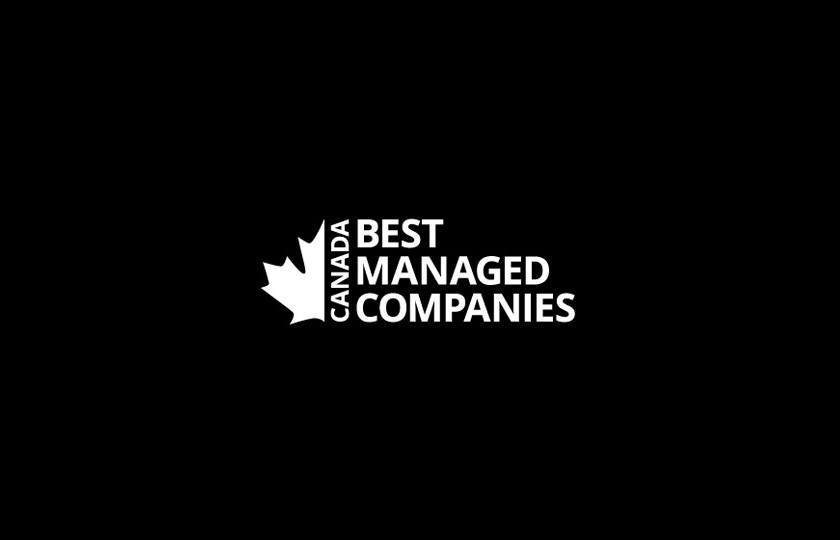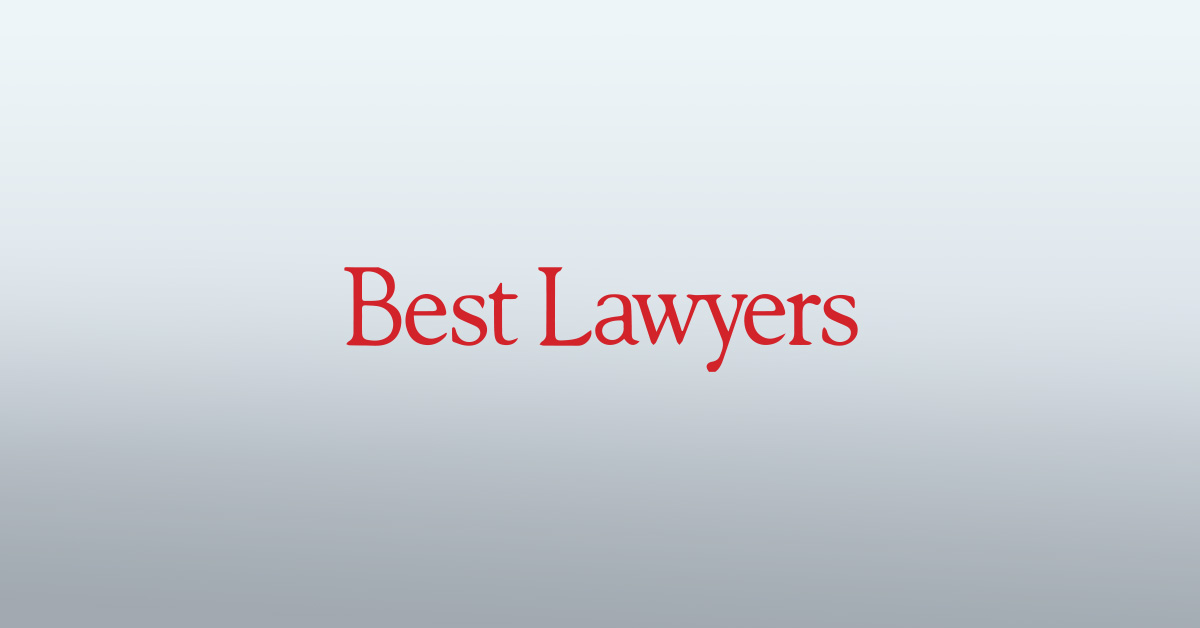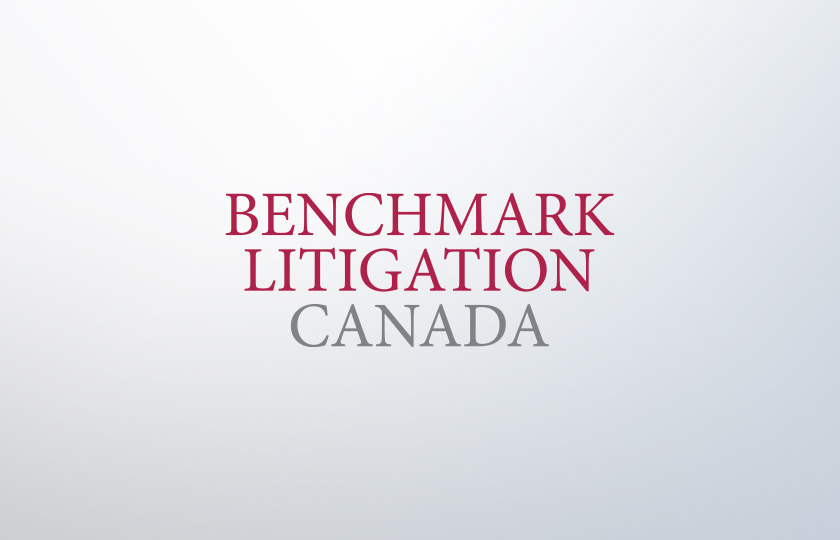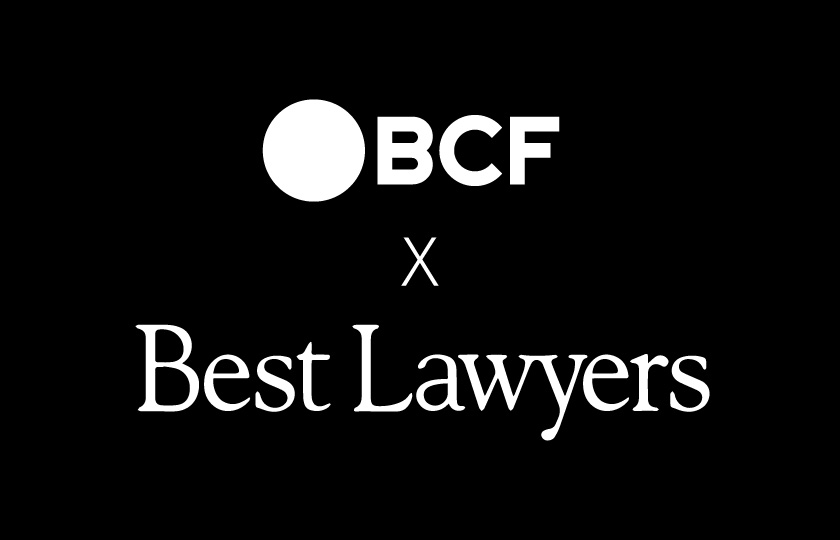
Executive Summaries Apr 28, 2020
What Consequences Are There for Businesses That Have Benefited from the Emergency Wage Subsidy Without Being Entitled to It?
The Canadian government has amended the federal legislation to impose penalties in an effort to maintain the integrity of the Canadian Emergency Wage Subsidy program and to make sure that the money spent on this subsidy helps Canadians in need.
For these reasons, any employer applying for the Canadian Emergency Wage Subsidy (“CEWS”) is responsible for ensuring that they meet the eligibility requirements. This responsibility may seem disconcerting for directors, officers or agents of a corporation, since they may be considered as co-perpetrators of an offence under the Income Tax Act (”ITA”) and, if convicted, could face the applicable penalty. This personal liability under section 242ITA is attributable regardless of whether or not the corporation has been prosecuted or convicted.
Moreover, if an employer applies for CEWS and is not eligible, a reimbursement of CEWS amounts paid to such employer will be required.
If an employer fraudulently claims CEWS or engages in artificial transactions to reduce its income, that employer will be subject to pre-existing penalties under the ITA as well as new penalties under Bill No. 2 respecting measures in response to COVID-19 (the “Amendments”), which received Royal Assent on April 11, 2020.
Section 239ITA lists the various breaches constituting offences. These offences may apply in the context of a fraudulent application to the USCS.
Two Categories of Possible Penalties
The penalties for these offences are separated into two different categories:
- Prosecution by summary conviction, or
- Indictment.
The choice between prosecution by summary conviction or by indictment is left to the prosecutor, as set out in Smythe v. The Queen.
A summary conviction is a simplified procedure, and usually, as with section 239 ITA, the penalties are less severe than those for an indictable offence.
Under section 239 ITA, the penalties for a summary conviction offence include a fine of 50% to 200% of the tax sought to be evaded, or both a fine and up to two years in jail.
Penalties for an indictable offence include a fine of 100% to 200% of the tax sought to be evaded or the excess of the tax refund or credit obtained, and up to five years in jail.
On a broader level, for the purpose of sentencing a corporation, the judge will take into consideration, among other things, the benefits gained, the level of complexity involved in preparing to commit the offence and the period during which it was committed, as well as any restitution imposed on or made by the corporation, the whole in accordance with section 718.21 of the Criminal Code. In the event that the director, officer or agent is personally convicted, the penalty shall be proportionate to the seriousness of the offence and the degree of liability, as provided for in section 718.1 of the Criminal Code.
Considering that section 239 ITA requires a conviction, prosecution before a Court is required. Moreover, since the person risks a conviction, the protections provided by the Charter of Human Rights and Freedoms ("Charter") apply and may be invoked by the person being prosecuted.
In addition, under recent Amendments made to the ITA made by the Canadian government, an additional 25% penalty may be imposed on a corporation. The 25% penalty would apply to the amount overpaid to the employer. This 25% penalty imposed under section 163(2.901)ITA is within the administrative authority of the Canada Revenue Agency (“CRA”) and is not a criminal offence but an administrative penalty.
One important point is that according to section 239(3) ITA, a person convicted of an offence under section 239 ITA may only be imposed the penalty under section 163 ITA for the same act if such penalty was imposed before penal proceedings were instituted. Parliament's intention was to ensure that the judge presiding over the criminal trial could not consider the facts presented in the course of a standard appeal of a Notice of Assessment where a penalty under subsection 163(2) ITA is in dispute.
Penalties of 225% of the Amount of the Subsidy
Overall, an employer who has obtained money through the CEWS without being entitled to it exposes himself, and indirectly exposes his directors, officers or agents, to penalties of up to 225% of the amount of the fraudulently claimed subsidy and to up to five years in jail.
Although the CRA has announced the suspension of its corporate audit activities at this time, it is likely that efforts will be made later to ensure that employers have not fraudulently used the CEWS measures. We would like to recall that misrepresentations may be subject to audits and reassessments which impose a penalty under section 163 ITA, even after the normal three-year reassessment period.
For 25 years, BCF's mission has been to support Canadian businesses. We know the issues you face and our team is available to help you use the resources at your disposal. Should you have any questions, please do not hesitate to contact one of our Penal Law experts:
Subscribe to our communications and benefit from our market knowledge to identify new business opportunities, learn about innovative best practices and receive the latest developments. Discover our exclusive thought leadership and events.
You would also like

Canada's Best Managed Companies: BCF Recognized for 17th Consecutive Year

Avoid and Prevent the Risk of Tax Litigation in Business Succession


































































